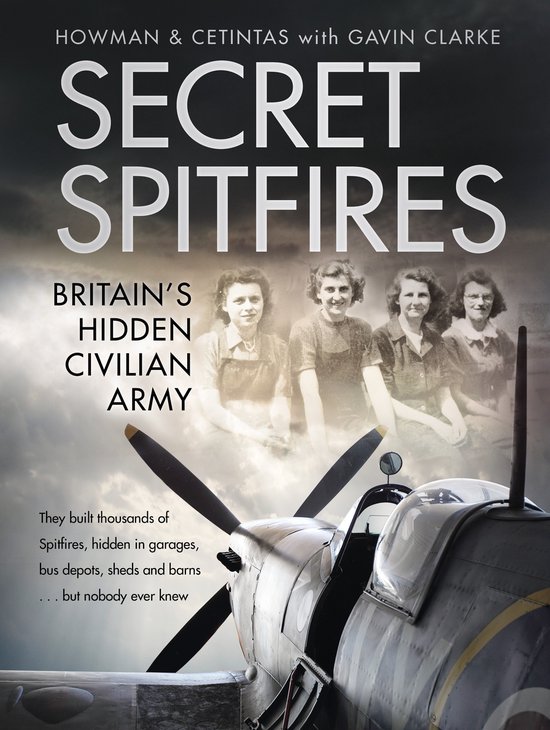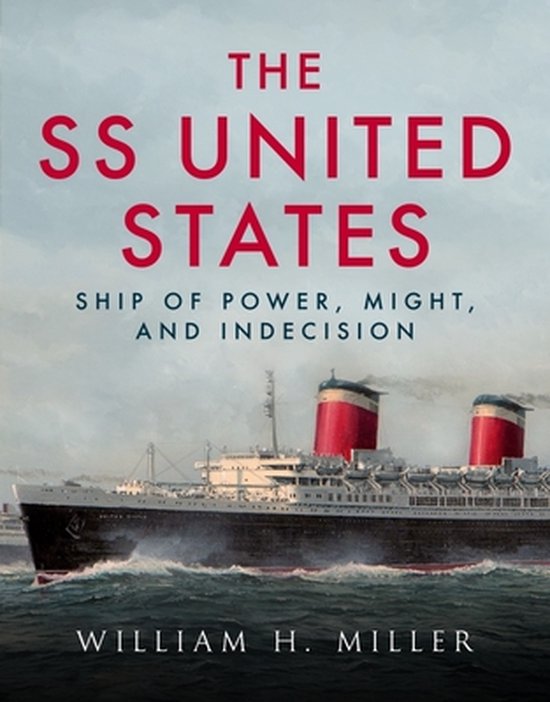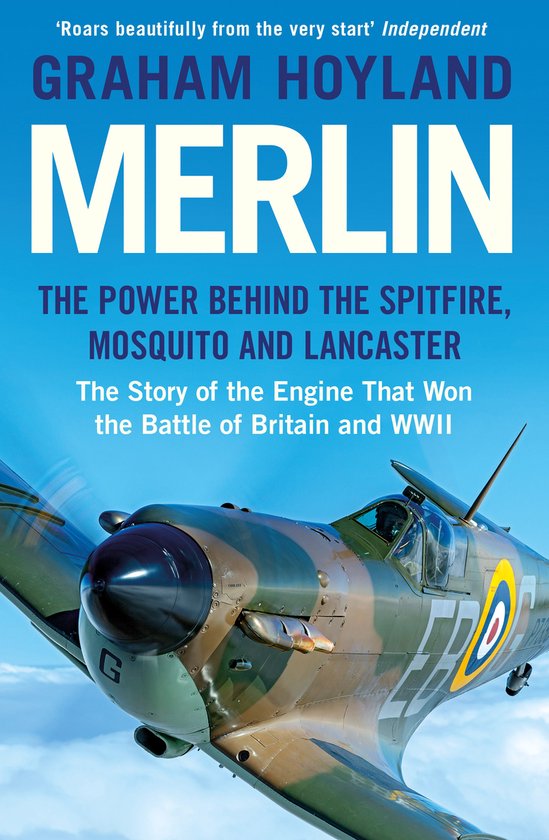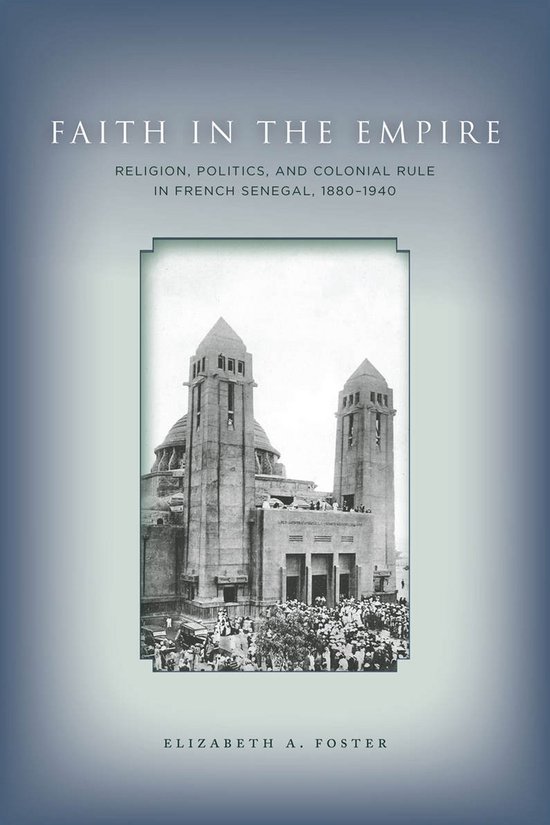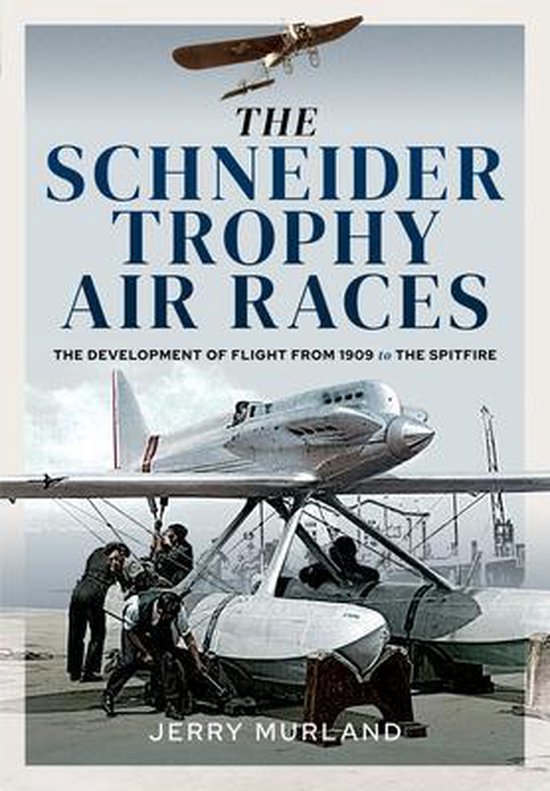
The Schneider Trophy Air Races
When Jacques Schneider devised and inaugurated the Coupe d'Aviation Maritime race for seaplanes in 1913, no-one could have predicted the profound effect the Series would have on aircraft design and aeronautical development, not to mention world history. Howard Pixton's 1914 victory in a Sopwith Tabloid biplane surprisingly surpassed the performance of monoplanes and other manufacturers turned back to biplanes. During The Great War aerial combat was almost entirely conducted by biplanes, with their low landing speeds, rapid climb rates and manoeuvrability. Post-war the Races resumed in 1920. The American Curtiss racing aircraft set the pattern for the 1920s, making way for Harold Mitchell's Supermarines in the 1930's. Having won the 1927 race at Venice Mitchell developed his ground-breaking aircraft into the iconic Spitfire powered by the Rolls-Royce Merlin engine. This new generation of British fighter aircraft were to play a decisive role in defeating the Luftwaffe and thwarting the Nazis' invasion plans. This is a fascinating account of the air race series that had a huge influence on the development of flight.
| Auteur | | Jerry Murland |
| Taal | | Engels |
| Type | | Hardcover |
| Categorie | | Mens & Maatschappij |
